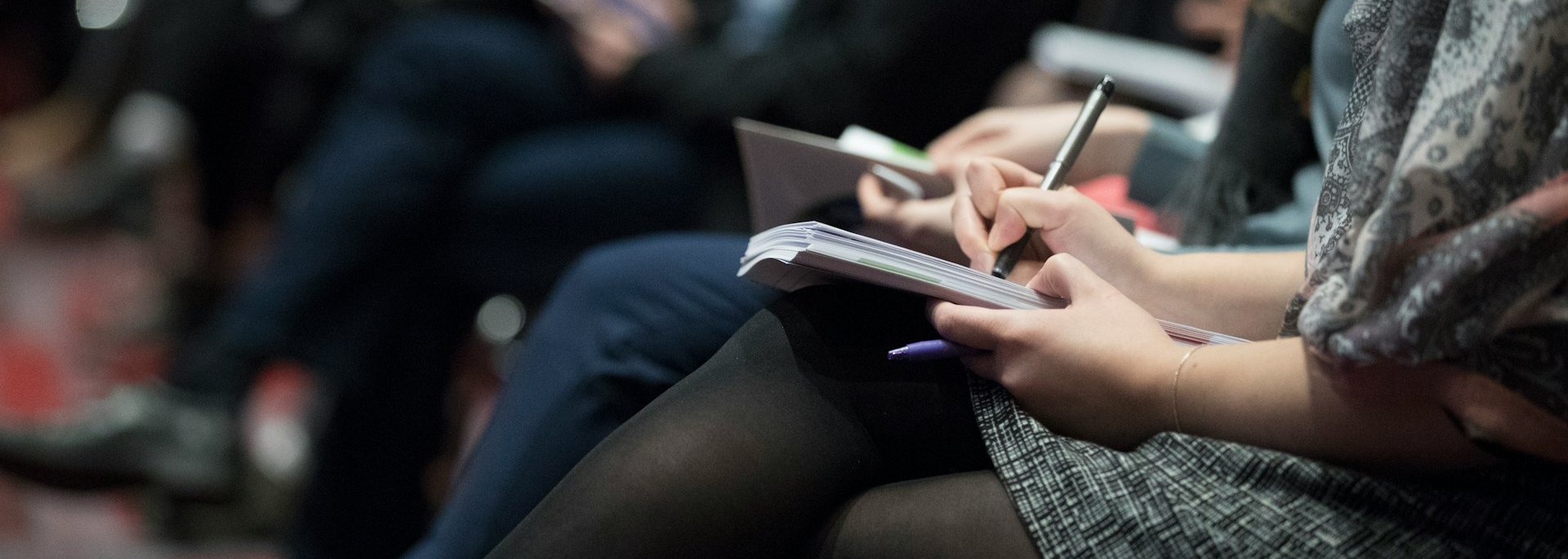

Responding to Research
Research can feed into professional reflection in a variety of ways:
• It can provide you with suggestions for how to teach a skill or approach a topic
• It can provide you with insights into the process of teaching and learning and into the perspectives and experiences of the children and families you work with
• Through critique, it can help you identify aspects of your classroom practice that may be disadvantaging some children
• It can inspire you to use new methods to investigate teaching, learning and other aspects of your role as a teacher
• It can inspire you to use new methods to investigate teaching, learning and other aspects of your role as a teacher
Research can rarely, if ever, offer a recipe for exactly what to do. It is more likely to help you reflect on what might be possible or worthwhile. Even when a precise recommendation is made, this will need to be tailored to your setting and the children you work with.
Questions to consider while acting on/with research
- Do the suggested implications follow on from the claims made?
- How far do implications challenge or chime with what you believe or think about what happens in your classroom?
- Would this research lead you to consider implications which the authors don’t suggest?
- What does it offer? Where does it stop short?
- How does this research connect to other research?
- How might this research report/article or summary speak to you (e.g. through guidance on pedagogy or approach? Insights into children’s experiences or cognitive development? Critique of existing practices? Imagining what might be desirable/possible? Methods you might use?)

“I mean time being such an important factor, you sort of come away from a conference or reading an article or going to a research group and somebody will have mentioned something and you’ve probably written a few things down but if another one of them gets namechecked again, […] then you think ‘Oh, I really should have read it by now because people keep talking about it and I still haven’t read it. I’ve just put it on my list of things to read’.
Teacher perspectives
Get into conversation with different viewpoints: A selection of quotes from primary teachers about their encounters and challenges with research
Research Exchange! The research questions game
A set of downloadable question cards to feed professional conversations about connections between research and practice